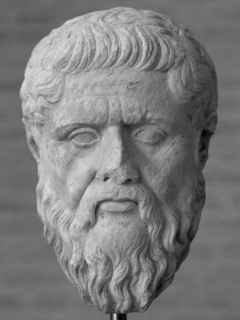
Publication details
Year: 2015
Series: European Journal of Pragmatism and American Philosophy
Full citation:
, "Ethics, knowledge, and rule-following", European Journal of Pragmatism and American Philosophy 7 (1), 2015.


Ethics, knowledge, and rule-following
a pragmatist view
in: The pragmatist method, European Journal of Pragmatism and American Philosophy 7 (1), 2015.
Abstract
Starting from a pragmatist point of view the paper dismisses the argument that ethical conduct is always based on knowledge of justifying and applying rules. In a first section I show that Plato and Kant already claimed that the originality of the ethical can’t be represented as either propositional knowledge or a norm, but is instead given to us in a way that is never fully available for our rational grasp. In a second section, I will address the ethical conclusions James and Dewey draw from the fact that ethical demands can’t be translated into forms of knowledge. In a third section, I conclude with an argument for the originality of the ethical based on the thoughts of Stanley Cavell, stating that it is always something more than a mere competence in the sense of a knowledge of rules.
Cited authors
Publication details
Year: 2015
Series: European Journal of Pragmatism and American Philosophy
Full citation:
, "Ethics, knowledge, and rule-following", European Journal of Pragmatism and American Philosophy 7 (1), 2015.



